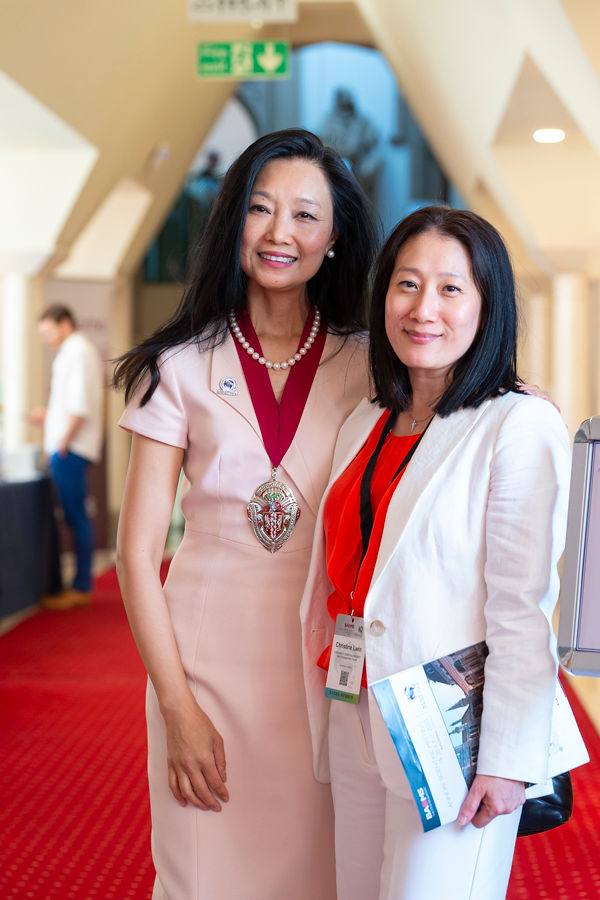01 September 2025

The UK has a mixed healthcare economy in which many surgeons combine NHS work with private practice. The majority of doctors have some form of NHS contract or arrangement, but after training, oral and maxillofacial surgeons may choose to take private work.
The symposium on Ventures Beyond the NHS explored the challenges this presents, considering career progression, work in universities and in private practice. The speakers shared their career paths and gave advice on opportunities beyond the day to day life of NHS surgeons. They gave tips on avoiding pitfalls and spotting possibilities for extending knowledge and impact, from clinical research to online learning and voluntary leadership roles in medical or surgical associations.
A focus of the presentations was shifting into private practice alongside NHS work. While there are rules to follow when working in this way, younger doctors and trainees are rarely told about the practicalities of this career path.
While private healthcare brings some income into the NHS, starting out in private practice can be challenging financially for medics. Ms Christine Lwin spoke about the need to plan financially and emphasised that junior doctors should be taught about investments and future planning as part of their training.
She started the shift to private practice because her NHS secretary took so many calls from patients asking to see her privately. Having spent years exploring different leadership and educational roles locally and nationally, she saw the opportunity to give private practice a try.
Ms Lwin says: “I set up my own limited company which has tax advantages, and having a good private PA and a good accountant has been invaluable. I knew that I wouldn’t be able to work as many hours as many of my colleagues, so I also needed a passive income stream, which I’ve achieved through investments in stock markets and in properties that I rent out.”
She continues: “Although I’ve suffered losses in the financial crashes, overall my investments in stock markets over 20 years have provided significant compound interest with an average gain of 8% which is higher than average inflation rate of 3% and more than saving bank interest rates at 4-5%. The compound growth from investments and the growth in property prices allows me to have the funds to pay off the mortgages of all my rental properties, which takes a great deal of pressure off”.
Ms Lwin says that her passive rental income means she does not feel the pressure some feel to work in private practice for financial gains, but is able to do the work because she finds it rewarding. Like others on the panel, her drive is to make a meaningful impact for her patients, but she is realistic about the need to talk about money.
She concludes: “We know that wealth doesn’t buy you happiness, but it is also true that it does buy you financial security, and the peace of mind that comes with financial security is important. It’s important to me to be able to look after my family and my aging parents, and I think that these are issues that are universal to all of us.”
View Other News